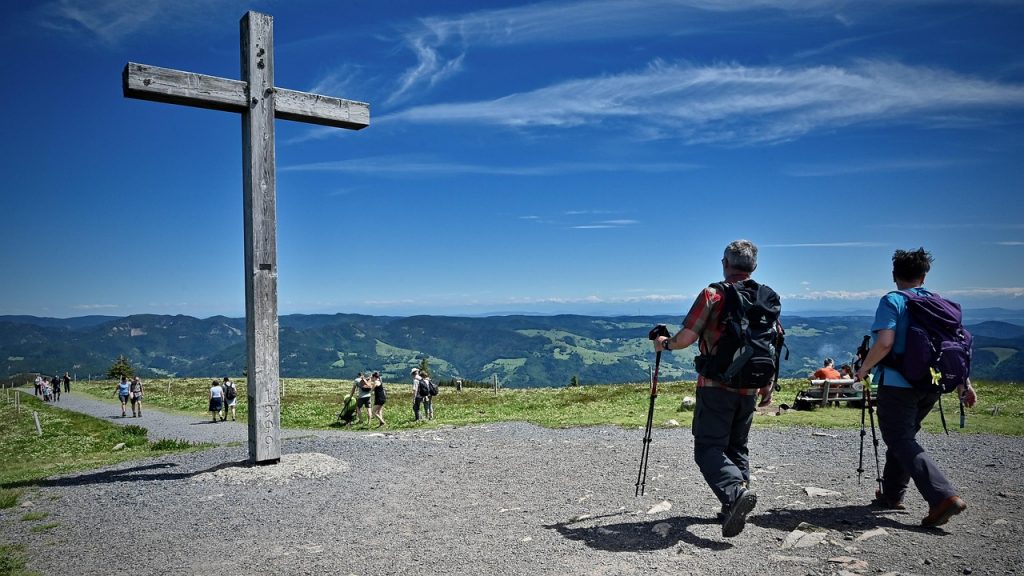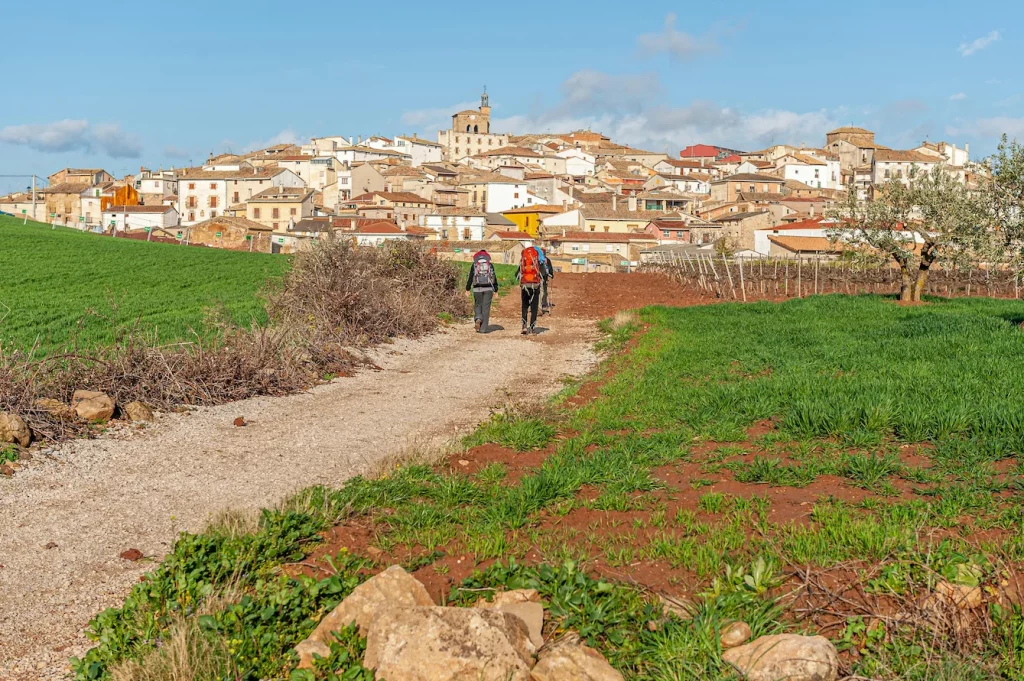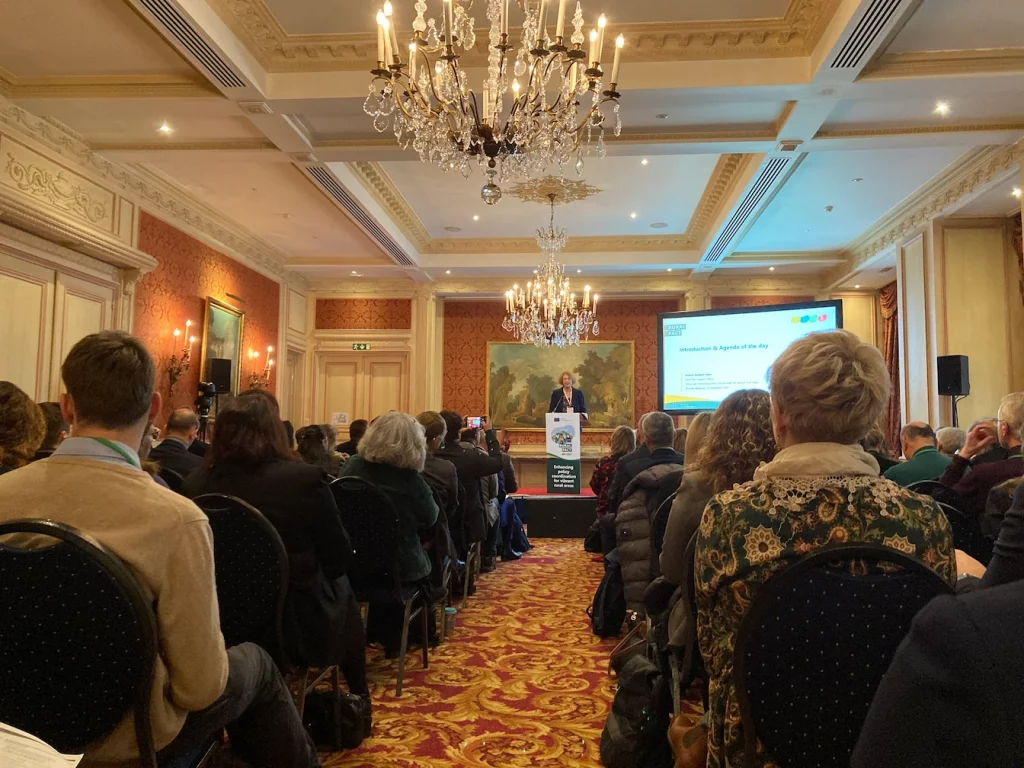Members
Members
Search
Points of interest
Points of interest
Findings and Outcomes
Findings and Outcomes
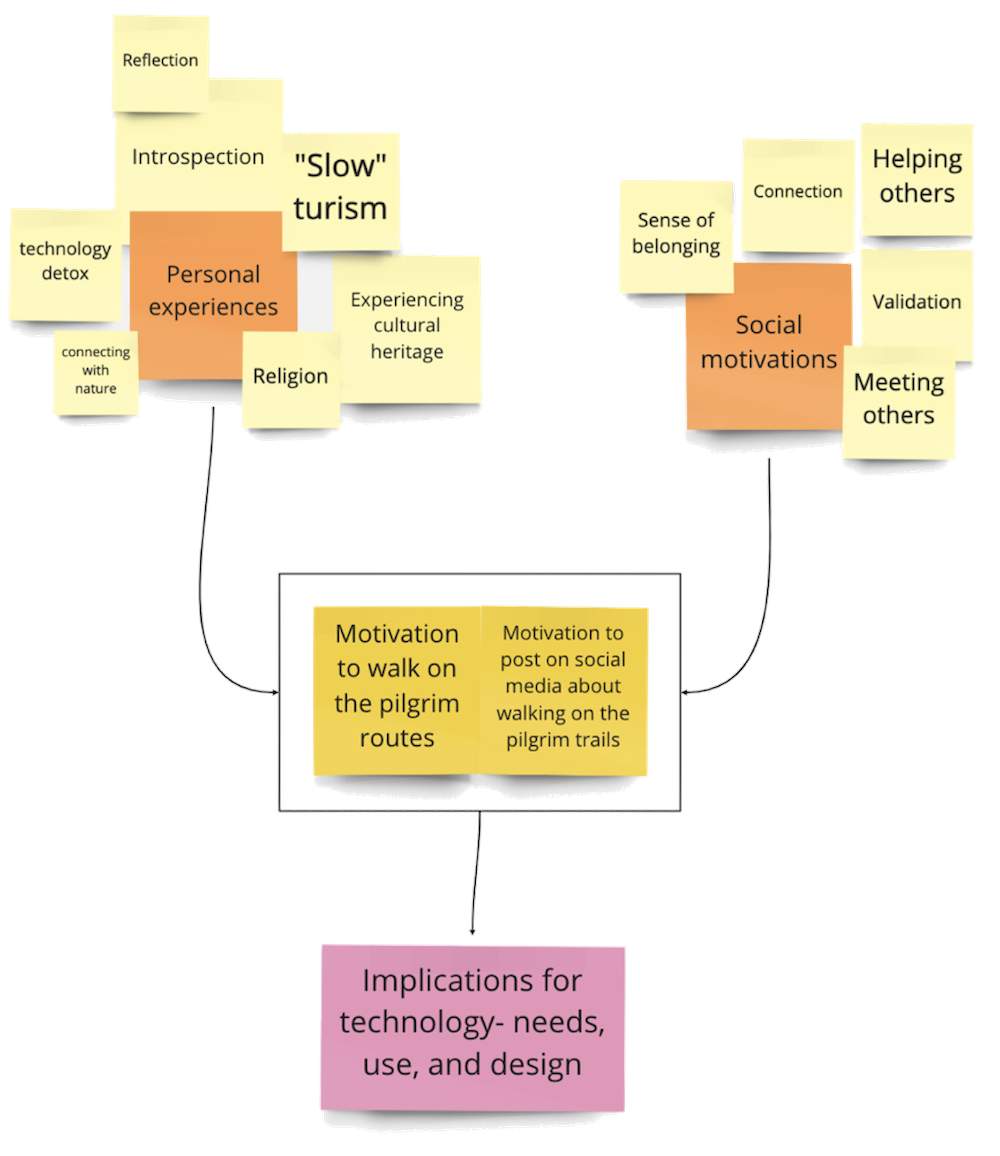
Country: Norway
Reference route: St Olav Way
(Digital action)
Add YourPassive, Digital Ethnography (“Netnography”)
The aim was to gain an initial understanding of how users experience the St Olavs path, extract user needs, and gain helpful insights from openly shared information on social media.By conducting a systematic, ethnographic study of such media platforms we have gained insight into, and knowledge about, motivations, needs, preferences and communication strategies among our target groups, and also, on an overarching level, an overview of which media and “places” are important in this digital landscape.
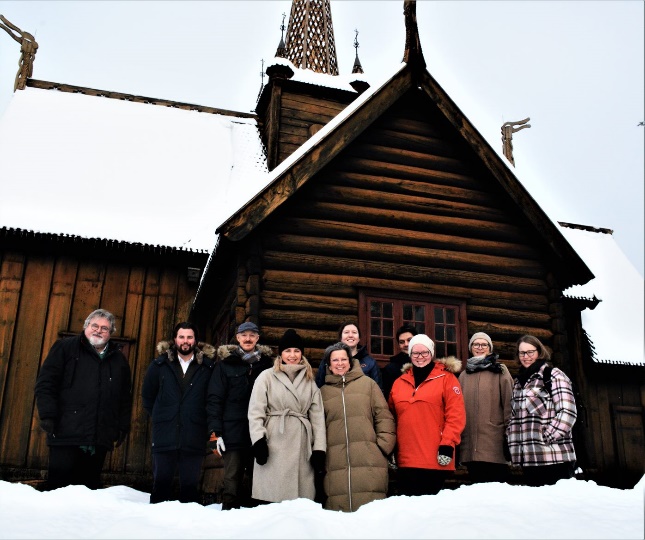
Country: Norway
County: Innlandet
District: Gudbrandsdalen
Region: Mjøsa
Municipalities: Lillehammer / Kapp / Gjøvik
Reference Route: St. Olav Ways
A series of three stakeholder content workshops in Maihaugen (Lillehammer), Mjøsmuseet (Kapp), and NTNU (Gjøvik)
The aim of these series of stakeholders workshops was to partners and stakeholders in content development for the rurAllure digital system, specifically for the WP6 pilot along Gudbrandsdalsleden. The practice was designed a specific type of audience that is generally less taken into account in the context of the promotion of rural museums and cultural heritage sites in the vicinity of pilgrimage routes.
Sustainable pilgrimage and local collaboration
A sustainable management and development of pilgrimage ways is key to offer the best experience to pilgrims and tourists. For this sustainability it is also key to involve local communities in the use, management and exploitation of local heritage resources, but also in the better understanding of how cultural resources can be the basis for economic development in rural areas. To involve local communities and entrepreneur in the understanding and promotion of heritage values help to shape and maintain the cultural and natural resources and their values, but it is also a way to test how pilgrims/tourists can contribute to economic grow in rural areas. To study about how we can balance efforts and incomes for tourism entrepreneurship in rural territories is another suggested area for future research.
Forthcoming Calls
Forthcoming Calls
| Scope | Funding Programme | Calls | Deadline | More info |
|---|
News
News
SWIPE
Contact
News
News
News
SWIPE
